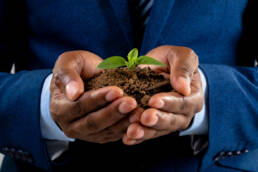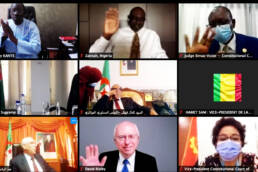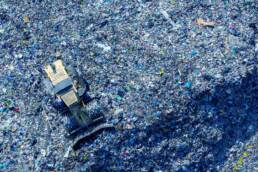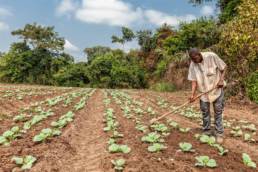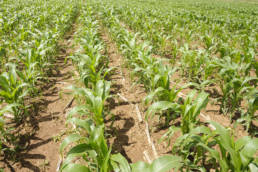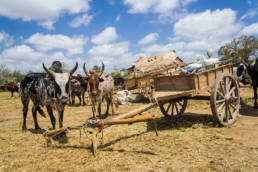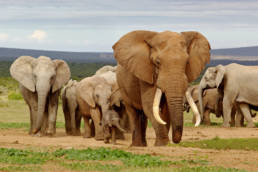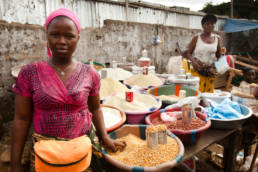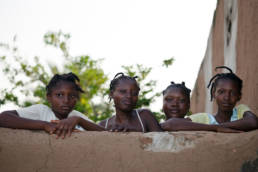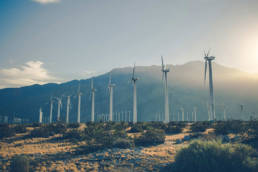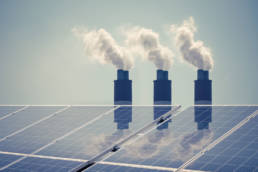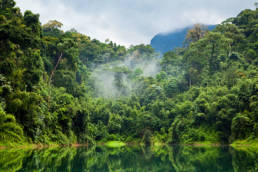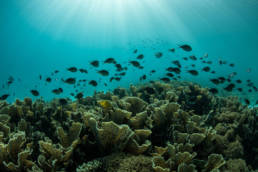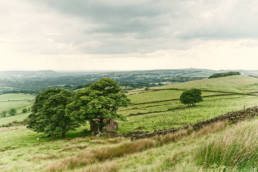Inclusive Wealth Programme
The IWR has been applauded by experts worldwide
Mismeasuring Our Lives
For decades nations have been defining and measuring their success based upon dynamic economic production indicators, such as Gross Domestic Product (GDP). In recent years, the need for new yardsticks of progress has become increasingly obvious – and urgent. This need was highlighted in the United Nations Secretary General’s high level panel report on global sustainability and the outcome of the Rio+20 Earth Summit.
The report underscores the limitations of GDP as a measure of well-being, noting specifically the need to “further develop and strengthen indicators complementing GDP that integrate economic, social and environmental dimensions in a balanced and coherent manner”.
What We Need
Sustainable indicators imply the following characteristics:
- Ability to capture overall well-being objectively and quantifiably;
- Ability to present an overview of trade-offs and synergies across the various constituents and determinants of well-being;
- Ability to show the sustainability of the well-being of nations and their citizens.

Digital strategy: The four fights you have to win
→
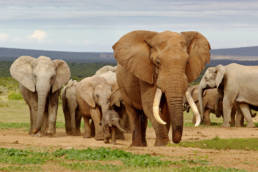
A winning operating model for digital strategy
→
The International Human Dimensions Programme on Global Environmental Change, hosted by the United Nations University (UNU-IHDP), under the directorship of Professor Anantha Kumar Duraiappah took the initiative on developing sustainability indicators, releasing the first ‘Inclusive Wealth Report 2012’ (IWR 2012) at the Rio+20 Earth Summit June 2012.
The IWR has been applauded by experts worldwide as a ground-breaking concept. Time Magazine hailed the report as an “impressive research project” while The Economist praised the effort to create a more precise economic indicator: “[GDP] is a measure of income, not wealth… Gauging an economy by its GDP is like judging a company by its quarterly profits, without ever peeking at its balance-sheet. Happily, the United Nations published balance-sheets for 20 nations in a report overseen by Sir Partha Dasgupta of Cambridge University.”
The novelty of the IWR lies in its capacity to provide a balanced and coherent view of changes occurring in the productive base of an economy. It also provides a long-term context for those changes without emphasizing a single type of capital as vital to well being. For instance, the IWR can show if a country has been able to draw down on natural capital while shifting investments into human and produced capital. It will also, alternately, show whether this shift sees diminishing returns, in which case reinvestment in natural capital will be required.
ASCENT is a proponent of institutionalizing the Inclusive Wealth Report as a research program under the name ‘Inclusive Wealth Program’ as an integral part of the Africa Sustainability Centre.

Provide a robust indicator beyond GDP, which reflects the wellbeing not only of present citizens, but also of future generations;

Provide a tool for government macroeconomic fiscal policy making, providing guidance on investment and other policy decisions

Improve collective knowledge on the real social values of natural and human capital

Promote capacity-building in research areas related to the measuring of societal progress, and particularly of inclusive wealth.
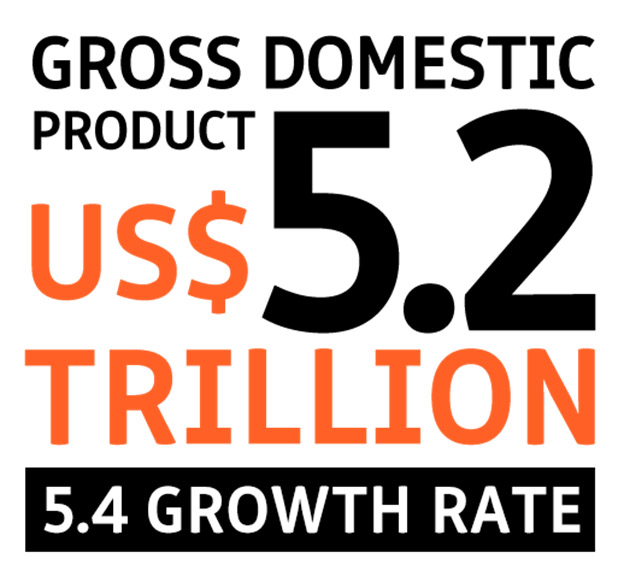
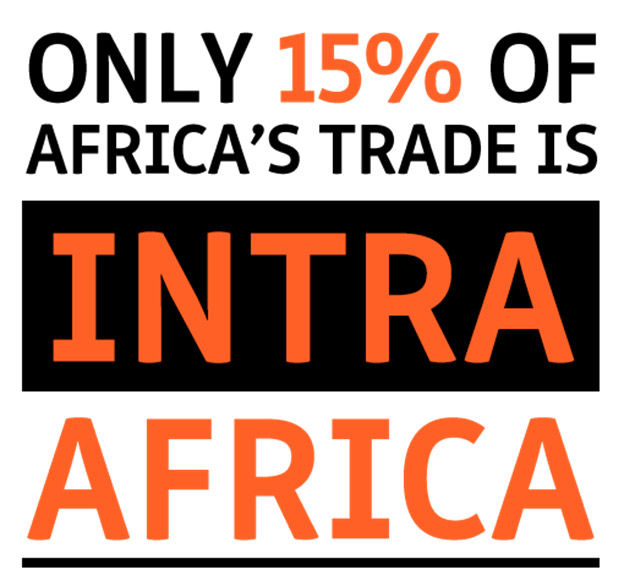

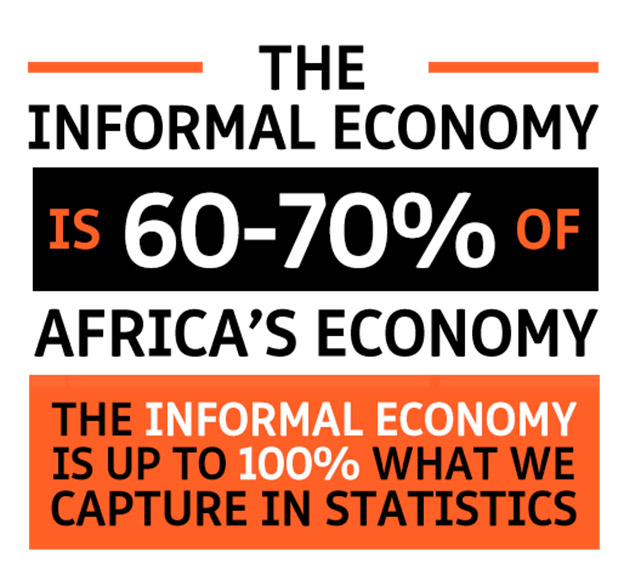
WHO NEEDS CLIMATE FINANCE ANYWAYS?
Why is climate finance becoming such a topic in the economy?
Climate change disrupts development, a gap that climate finance is filling. The next few days and weeks are arguably historic in the emerging sector of climate finance. On the 23-29th June, GEF is holding the Sixth GEF Assembly in Vietnam.
Read More →
CLIMATE CHANGE
Effectiveness of carbon pricing & implications for African nations
A carbon tax and cap and trade system have for goal to reduce greenhouse gas emissions, but how do governments use them in reality? How does the concept fit in the African context?

